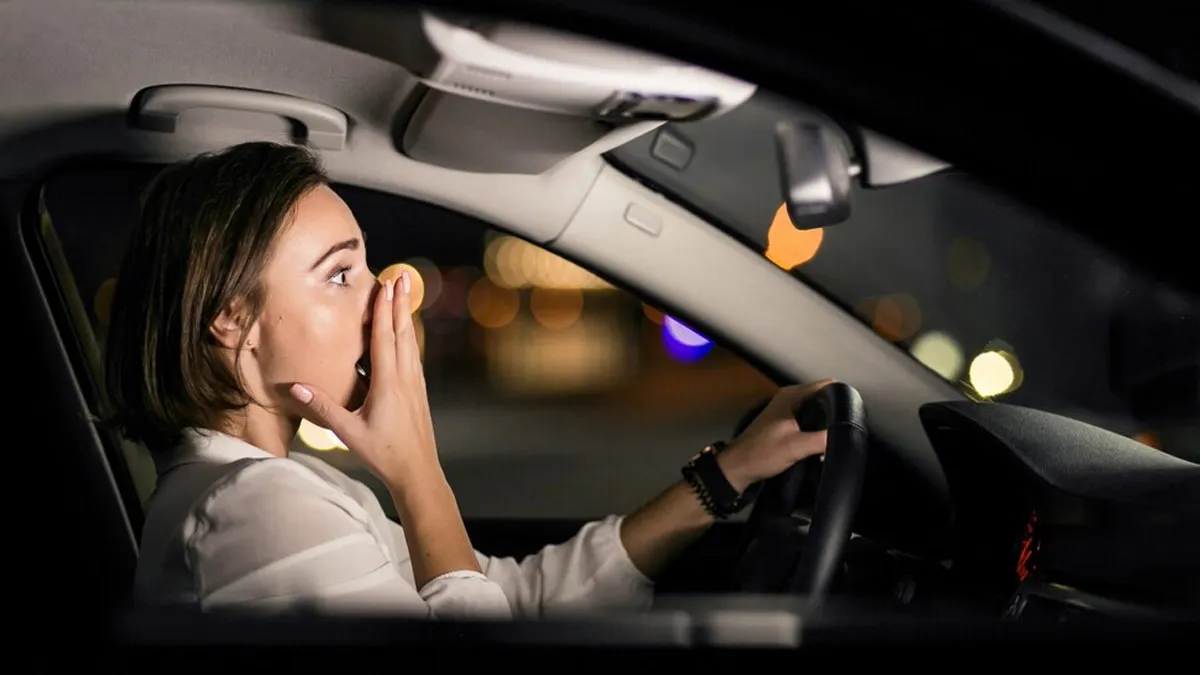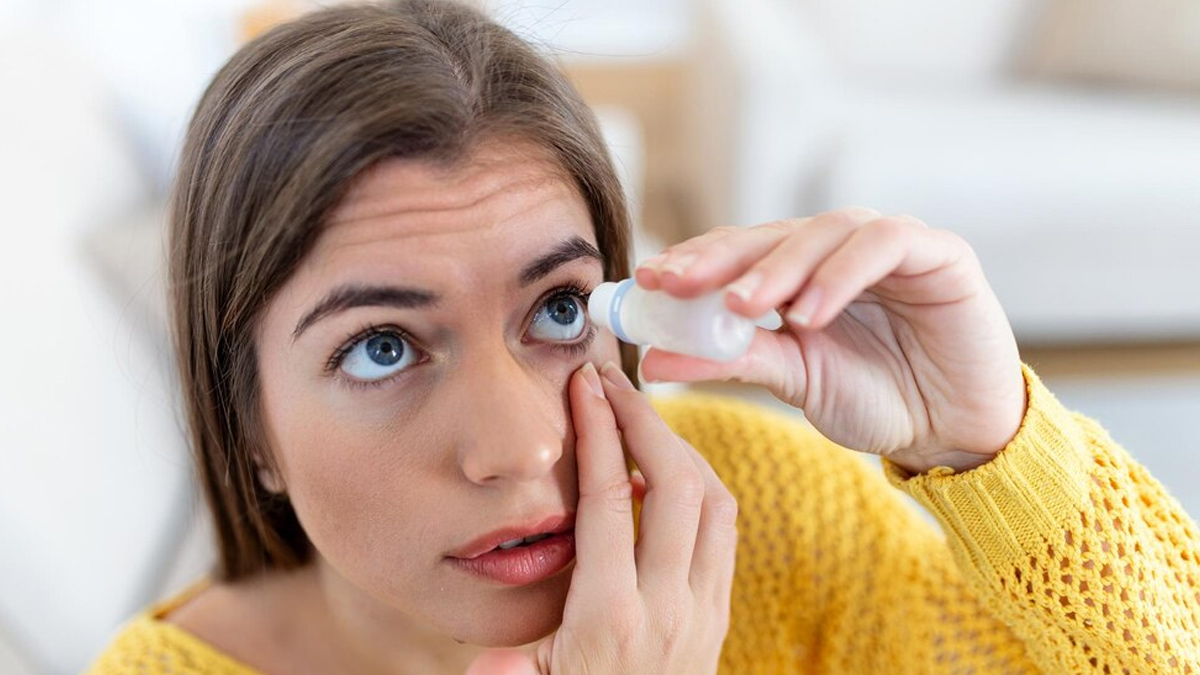
Driving at night often poses various challenges that can hamper your eye health and vision. Low-light conditions, glare from headlights, and increased strain can make it harder to see clearly, increasing the risk of accidents. Hence, it becomes important to take proper precautions that can help protect your eyes and ensure a safer driving experience after dark. Here are some essential eye care tips to follow while driving at night.
Precautionary Tips To Follow While Driving To Keep Your Eye Health In Check
1. Keep Your Windshield and Glasses Clean

A dirty windshield can scatter light and increase glare, making it harder to see clearly. Clean the inside and outside of your windshield regularly to remove dust, smudges, and streaks. If you wear glasses, ensure they are free of smudges or scratches, as dirty lenses can distort vision and contribute to eye strain.
2. Adjust Your Headlights Properly
Misaligned headlights can either blind oncoming drivers or fail to illuminate the road effectively. According to the American Optometric Association (AOA), headlights should be clean and free of dirt, snow and ice to maximise their brightness and range. If your vehicle allows, adjust the brightness of your dashboard lights to reduce internal glare and improve visibility.
Also Read: Ageing and Vision: Expert Explains How Our Eyes Change As We Age
3. Use Anti-Reflective Lenses

Glare from oncoming traffic can be a major issue when driving at night. Anti-reflective (AR) coatings on prescription glasses can help reduce glare and halos around lights, making night driving easier. If you frequently experience discomfort due to glare, consider getting AR-coated lenses or polarised driving glasses.
4. Avoid Looking Directly at Oncoming Headlights
Bright headlights from other vehicles can momentarily blind you. To minimise this effect, shift your gaze slightly downward and toward the right side of the road when a car is approaching. This will help you maintain visibility without being affected by the glare.
5. Take Regular Breaks to Rest Your Eyes

Driving at night requires intense focus, leading to eye strain and fatigue. If you are on a long journey, take breaks every couple of hours to rest your eyes. Blink frequently to keep your eyes moist and reduce dryness caused by prolonged staring.
According to a poll by the National Sleep Foundation, 60% of adults admit to having driven while fatigued, and an additional 37%, which equates to 103 million people, report having dozed off at the wheel. Of this group, 13% say they fall asleep while driving at least once a month, and 4% acknowledge that they have caused an accident due to sleeping.
Also Read: Can Eye Power Change After LASIK? Expert Explains If The Effects Of This Treatment Are Permanent
6. Maintain a Safe Following Distance
Depth perception can be compromised in low-light conditions, making it harder to judge distances accurately. Hence, maintain a safe distance from the vehicle ahead to allow ample reaction time. Using the three-second rule; maintaining a three-second gap between you and the vehicle in front—can help enhance safety.
7. Adjust Your Rearview Mirror to Reduce Glare
Many vehicles come equipped with an anti-glare or night mode setting for rearview mirrors. Use this feature to minimise the impact of bright headlights from vehicles behind you, reducing eye strain and distractions.
8. Keep Your Eyes Hydrated

Dry eyes can be a common issue when driving at night due to air conditioning or heater use. If you experience dryness, use lubricating eye drops to keep your eyes comfortable. Drinking plenty of water throughout the day can also help maintain eye hydration.
9. Eat an Eye-Healthy Diet
A nutritious diet plays a crucial role in maintaining good vision. Foods rich in vitamins A, C, and E, and omega-3 fatty acids, such as carrots, spinach, fish, and nuts, support eye health and reduce the risk of vision-related problems.
10. Get Regular Eye Checkups
If you struggle with night vision, visit an eye specialist to rule out any underlying conditions like myopia (nearsightedness), cataracts, or astigmatism. Regular eye checkups help detect and correct vision problems early, ensuring safer night driving.
[Disclaimer: This article contains information for informational purposes only. Hence, we advise you to consult your professional if you are dealing with any health issue to avoid complications.]
Also watch this video
How we keep this article up to date:
We work with experts and keep a close eye on the latest in health and wellness. Whenever there is a new research or helpful information, we update our articles with accurate and useful advice.
Current Version